Reggae, dancehall and the culture of violence
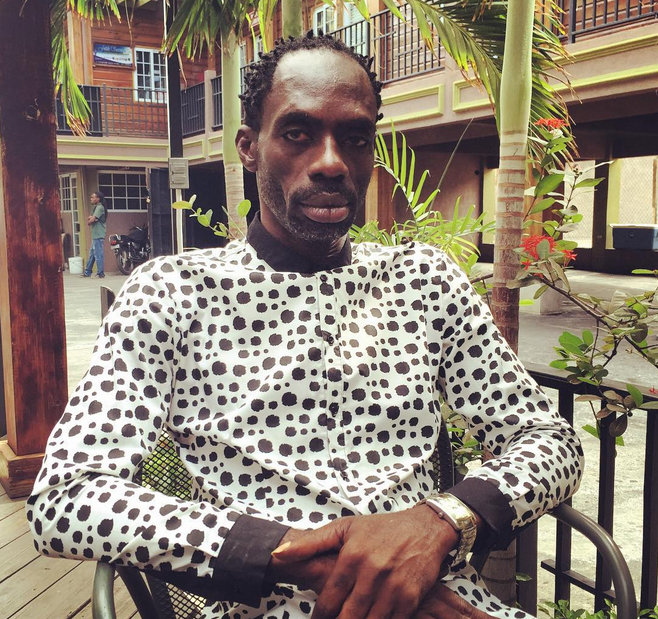
Ninjaman, dubbed as the Gold Teeth Don Gargan of dancehall, will not be celebrating a Merry Christmas in 2017.
A seven-person jury found Desmond “Ninjaman” Ballentine; his son, Jahneil Ballentine, and a friend, Dennis Clayton, guilty of the murder of Ricardo Johnson, and they will be sentenced on December 15, 2017 more than likely to life imprisonment with not much of a possibility for parole.
Ninjaman was born on June 20, 1966 in Annotto Bay, St Mary, and migrated to Kingston as a teenager. As he has specified in his dancehall lyrics, he grew up on Marl Road and, paradoxically, that’s where the murder took place in March 2009. He was locked up for three years, then given bail and was re-jailed when the murder trial commenced in 2017. Who the court designated as ‘Witness A’ provided the damaging testimony as that ‘Witness A’ was at the scene of the crime.
The critical question is: To what extent does dancehall music drive the culture or subculture of violence; or, to what extent is dancehall a mere reflection of the sub-culture of violence? The typical dancehall artiste has been socialised in grim social conditions. Jamaica is plagued with a high level of social and income inequality, and the squalor-like existence that segments of the population are forced to endure invariably breeds crime and violence. Even when the dancehall artiste has amassed a certain sum of money and is able to extricate himself from the urban ghetto, he is not able to extricate himself from that propensity for violence.
What is tragic about the Marl Road murder of March 2009 is that the feud lasted over a few days and escalated subsequently, when cutlass and guns were brought into play, and led to the taking of a neighbour’s life. The community at Marl Road did not produce a neighbour or a community leader who was able to step in and de-escalate and mediate the senseless dispute.
One sees the poor judgement of dancehall artiste Ninjaman as failure to use his celebrity status to put out the fire, but rather to involve his son in the tragic incident.
Ninjaman, as a dancehall artiste, was in the vanguard of lyrical dancehall violence that became dominant in the 1990s. The clashes with Bounty Killer, Shabba Ranks, et al, were coloured by violent lyrics, metaphorical and literal. The crowd, rather than spurning the reckless violence, encouraged the madness and the debasing of the culture.
This kind of personal animosity among dancehall artistes exacerbates the violence that encompasses dancehall. The degeneration of reggae music that began in the 1980s and plunged to nadir depths in the 1990s reflected the failure of musicians, promoters and consumers to understand the damage that music wreaked on urban life in Jamaica.
Jamaicans can be proud of the impact that their musical creativity has had on the international musical scene. The days of Jamaican musicians imitating North Americans have long since gone. The different musical genres, from ska to rock steady to reggae to dancehall, is a testimony to the dynamic potency of Jamaican innovation in the sphere of music. Reggaeton is an adopted art form developed in Latin America and the Spanish-speaking Caribbean. Ska bands have cropped up all over the United States and Europe. And the music has had a profound impact on the people of Africa and Asia. Nevertheless, as the music has been internationalised, some of the unsavoury habits of musicians in North America have had a debilitating impact on some of our gifted artists.
Marijuana was always associated with reggae music, but the indulgence of cocaine and crack did not seep into the Jamaican musical lifestyle until the music was internationalised. As much as coke has had a devastating impact on some of the more talented reggae artistes, it does not explain the violence of dancehall.
Reggae music took a consciousness turn when the Rastafarian influence emerged in the 1960s. Count Ossie and the Mystic Revelation and Ras Michael had a profound impact on urban consciousness. Bunny and Skully, who sang with Count Ossie, played their part. In later years, Culture and Burning Spears were invaluable.
One sees the change in the Wailers when they recorded the albums Soul Rebeland Soul Revolution. Bob Marley, Peter Tosh and Bunny Wailer were no longer limited to Simmer Down and I Don’t Need Your Love, but their songs became a critique of the social injustice of Babylon or Jamaican society. Even when the Wailers went their separate ways, the music of Bob Marley, Peter Tosh and Bunny Wailer promoted a stream of consciousness. It is coincidental that Marley’s death came in 1981 when the music moved in the direction of emphasising not social justice, but bleaching, sexuality, misogyny and senseless violence.
Marley in 1976 opted to give a free concert at National Heroes’ Park dedicated to the Jamaican people which he called Smile Jamaica. Before the concert could be held, assassins invaded his home at Hope Road with the intention of killing him and stopping the free concert.
Marley survived the assassination attempt and despite suffering injuries from bullets directed at him, he was defiant and held the concert. Shortly thereafter, he was whisked out of Jamaica and sojourned in the United Kingdom.
Marley did not return until Tony Welsh, the then don of Arnett Gardens, and Claudie Massop, the then don of Tivoli Gardens, travelled to London and persuaded him to return to Jamaica. Welch and Massop are now deceased. Robert Nesta Marley returned and held the Peace Concert in 1978 at the National Stadium, when he persuaded Prime Minister Michael Manley and the then Leader of the Opposition, Edward Seaga, to ascend the stage and to clasp hands in a show of unity to stem the political violence that was threatening the country’s stability.
We see a discernible cultural shift in the 1990s not only with the increase of homicides, but the rise of artistes like Vybz Kartel, Ninja Man, Bounty Killa, et al, who specialised in making rubbish. Vybz Kartel, despite his incarceration, is having a worldwide influence on dancehall. A manifestation of his influence is that Rolling Stone Magazine did a profile of Vybz Kartel that was published in the summer of 2016.
Kartel was convicted of murder with three other accomplices in 2014 and received a sentence of 35 years to life. In an interview in the midst of Vybz Kartel’s murder trial over the death of Clive “Lizard” Williams, Ninjaman recognised the extraordinary effort that the State had gone to convict Vybz Kartel. Later on Ninja Man was aware that his trial for murder could mean spending the rest of his life in prison, but the dancehall artiste who is known for his expressions of violence indicated to interviewer Winford Williams that he was trusting in God and the dexterity of his lawyer. Neither helped, and Ninjaman and son are facing life imprisonment.
One saving grace is that Mark “Buju Banton” Myrie, who was convicted for conspiring to distribute cocaine and was sentenced to 10 years in a United States federal prison, is eligible to be released in December 2018. Buju is a lyrical genius who is capable of running with the mantle of Robert Nesta Marley and turn around dancehall from nothingness to a musical form that heightens consciousness. We need music that inspires the masses. In the words of Marcus Garvey, Up You Mighty People, You Can Accomplish What You Will. Our dancehall artistes have an important role to play in the country turning away from the subculture of violence and treasuring human life, as was not done in the murder of Clive “Lizard” Williams and Ricardo “Trooper” Johnson.
Professor Basil “Bagga” Wilson, a former Kingston College Manning Cup football star, is retired provost of John Jay College of Criminal Justice in New York, and Executive Director of the King Research Institute at Monroe College, also in New York.
Article By Basil Wilson
Comments
-
 Previous Reggae Artist Macka B’s Healthy Eating Anthems are Naomi Campbell-Approved and Utterly Addictive
Previous Reggae Artist Macka B’s Healthy Eating Anthems are Naomi Campbell-Approved and Utterly Addictive -
 Next Reggae Festival Positive Vibration Announces Its Line-Up
Next Reggae Festival Positive Vibration Announces Its Line-Up



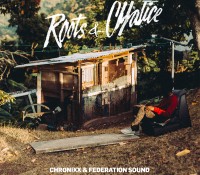
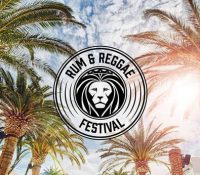
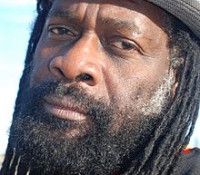



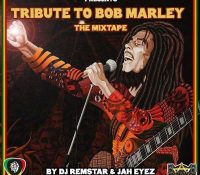



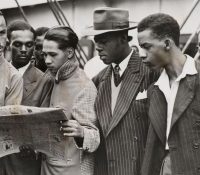





















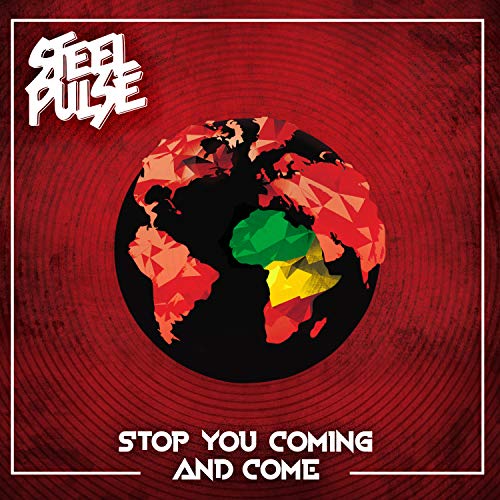

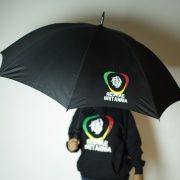

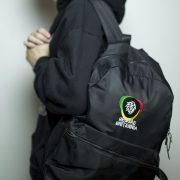
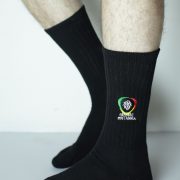

0 thoughts on “Reggae, dancehall and the culture of violence”